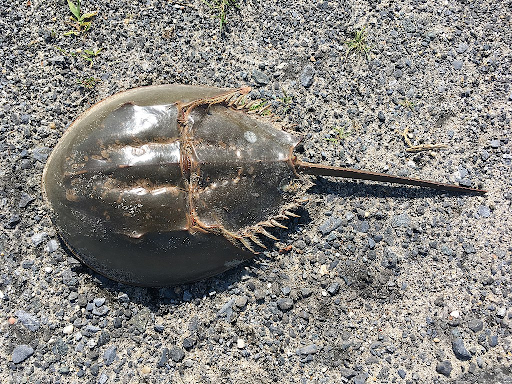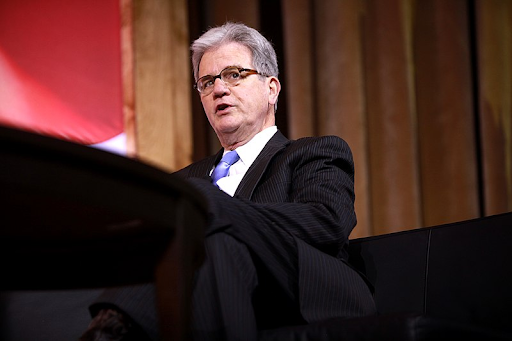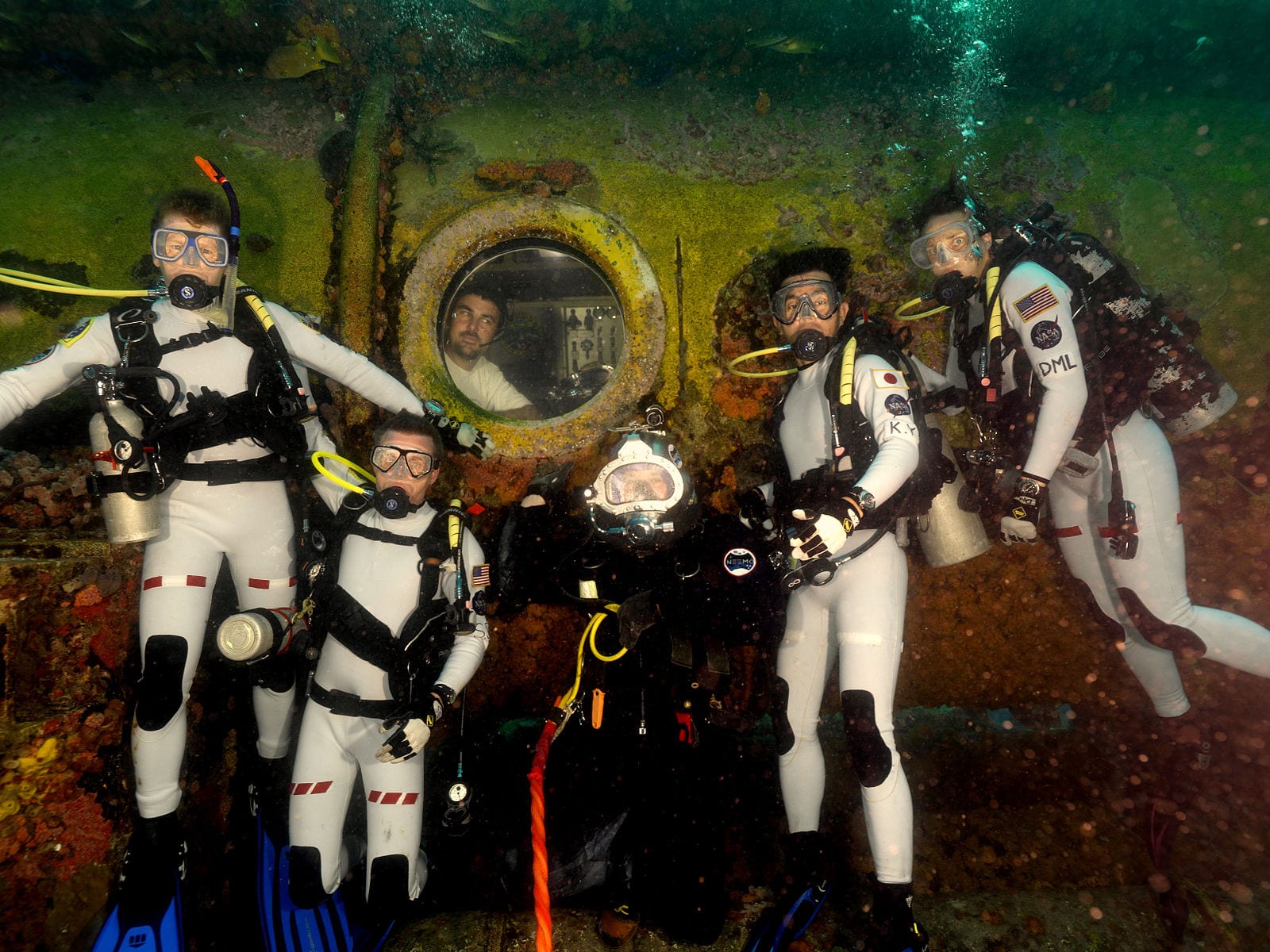What do frog skin, horseshoe crab blood, and a llama named Winter all have in common? All three were part of studies that have been awarded Golden Goose awards, a designation given to strange sounding but ground-breaking federally funded research. Frog skin was used in experiments to determine the mechanism underlying cholera and directly led to a cheaper and more effective treatment known as oral rehydration therapy. Horseshoe crab blood was discovered to coagulate in response to bacterial endotoxins and resulted in a fast acting, highly specific test for contamination of medical related equipment by bacterial toxins. Winter, the llama, produced small versions of antibodies, known as nanobodies, that are currently being used to develop an antibody therapy against the COVID-19 virus. Even with these great examples of successes, the idea of federal funding of research still has its opponents.

The United States government allocates around $50 billion a year to the two major grant awarding institutions, National Science Foundation (NSF) and the National Institutes of Health (NIH), making federally funded research a major target for budget cuts and scrutiny. One of the more famous outcries against taxpayer funded research was by then-governor of Alaska and vice presidential candidate, Sarah Palin, while on the campaign trail in 2008. In her speech, Palin derided the U.S. funding of research on fruit flies in France, and concluded with “I kid you not†to emphasize the supposed ridiculousness of it all. While the research that Palin mentioned was indeed being done in France using fruit flies, it was located at a U.S. Department of Agriculture lab and had the potential to combat a pest of olives growing in California. Additionally, former Oklahoma Senator Tom Coburn used to consolidate unconventional sounding federally funded projects in a yearly compendium known as the Wastebook. Due to the omittance of potential benefits of the atypical sounding work, researchers mentioned in the Wastebook are subject to harassment through email or social media.

Father Goose, also known as Representative Jim Cooper (TN-5), started the The Golden Goose award in 2012 with bipartisan support and assistance from university and advocacy groups. An homage towards the fable of “The Goose that laid the Golden Egg,†which warns against careless destruction of a valuable resource, this award was created as a response to criticisms of “wasteful government spending,†especially by the late Senator William Proxmire (WI), who issued the dubious Golden Fleece Award to governmental officials that Proxmire believed squandered public funds. The Golden Goose award showcases examples of truly remarkable and unique research that could not have been carried out without government spending. For 2020, the Golden Goose Award was given to research programs that, because of previous government support, had the infrastructure and capability to react quickly to the COVID-19 pandemic and produce necessary data to result in the remarkable vaccine development and treatment of patients (remember Winter's nanobodies?). In addition to the Golden Goose Award, additional science funding advocacy groups like the American Association for the Advancement of Science, Research!America, and the Federation of American Societies for Experimental Biology have emphasized the importance of federal support for broad scientific research by communicating directly to the public as well as policymakers.
Since critics of federal funding focus on the total amount the government puts towards supporting research, it makes sense to consider if only the work that results in the greatest amount of public good can be funded. Unfortunately, it is near impossible to tell apart research that will undoubtedly end up in an effort that will cure diseases or build the best battery. Government funding agencies like the NSF and NIH often are only able to consider if proposed research can move the field of science forward, even if it leads to an undesirable result.
Federally funded research is an investment not only in the lab that is requesting funds, but also in the future of the country. Taxpayer supported studies are the golden goose of our time, occasionally laying golden eggs for the betterment of society, like antibodies to combat COVID-19 or an inexpensive test for toxin contamination. A reduction of research funding will ultimately endorse a competitive environment and result in outcomes that are limited in scope. We must not become short-sighted and have an emaciated goose, lest we want low quality eggs. The investment of the government in the sciences encourages creativity and independent thought, and without broad support of science, research in the United States would undoubtedly be incapable of pushing boundaries.
Lead Image: The Golden Goose award is a play on the story of the goose that laid the golden egg.“Felix_tgtltge_05.jpg†is licensed under Public Domain, Episode source
About the Author
Inam Jameel is a PhD student in the Department of Genetics at UGA. He is interested in how natural populations adapt to rapidly changing environments. When not in the greenhouse or in the lab, Inam likes to run, attend concerts, watch the Washington Capitals, and do poorly at trivia. He can be reached at inam@uga.edu or @evo_inam.
- Inam Jameelhttps://athensscienceobserver.com/author/inam-jameel/March 18, 2022
- Inam Jameelhttps://athensscienceobserver.com/author/inam-jameel/November 17, 2020
- Inam Jameelhttps://athensscienceobserver.com/author/inam-jameel/April 28, 2020
- Inam Jameelhttps://athensscienceobserver.com/author/inam-jameel/December 9, 2019









